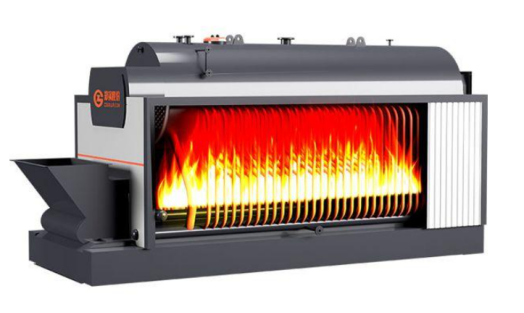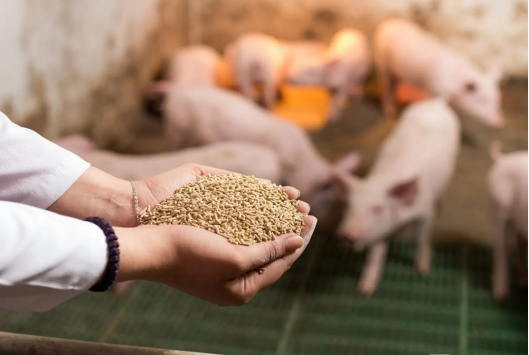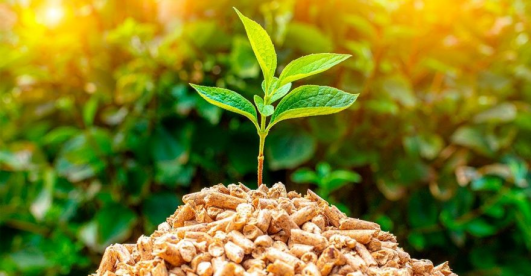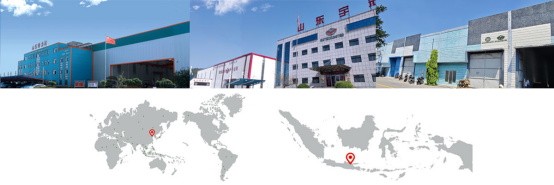Biomass Pellet Machine: Revolutionizing Energy Applications from Home Heating to Industrial Power Generation

Biomass pellets, produced by advanced biomass pellet machines, have emerged as a cornerstone of renewable energy solutions worldwide. Their versatility, sustainability, and cost-effectiveness make them indispensable across diverse sectors, from residential heating to large-scale industrial power generation. Below, we explore the transformative applications of biomass pellets and their role in shaping a greener future.

1. Home Heating: A Clean and Efficient Alternative
Biomass pellets are revolutionizing household energy use. Modern pellet stoves and boilers offer a cleaner, more efficient alternative to traditional coal or gas systems. These systems burn pellets with minimal smoke and harmful emissions, reducing indoor and outdoor air pollution. For instance, in rural areas, biomass pellets replace firewood and coal, cutting heating costs by 30-50% while providing stable heat output.
Key advantages include:
l High thermal efficiency: Biomass pellets release up to 4,500 kcal/kg of heat, outperforming many fossil fuels.
l Ease of storage and automation: Pellet-fed systems require minimal manual intervention, with automated feeding and ash removal.
l Economic benefits: Rural communities in China, like Huangpu Village, have boosted local economies by producing and selling pellets, creating jobs and reducing energy poverty.

2. Industrial Applications: Powering Sustainable Production
Industries are increasingly adopting biomass pellets to decarbonize operations. For example, industrial boilers and cement plants use pellets to replace coal, slashing CO2 emissions by up to 90%. A standout case is the Guoneng Ningyang Biomass Power Plant in Shandong, which generates 230 million kWh of green electricity annually by burning 300,000 tons of agricultural waste. This project reduces coal consumption by 150,000 tons and CO2 emissions by 280,000 tons yearly, while providing district heating to 132,000 m²of residential areas.
Biomass pellets also excel in:
l Biomass power plants: Pellets fuel steam turbines for renewable electricity, with technologies improving efficiency and scalability.
l Industrial heating: Textile and food processing industries use pellet-fed boilers for steam production, ensuring compliance with strict emission regulations.

3. Agricultural and Emerging Uses
Beyond energy, biomass pellets support agricultural sustainability:
l Greenhouse heating: Pellets maintain optimal temperatures for crop growth, reducing reliance on fossil fuels. Post-combustion ash serves as a nutrient-rich soil amendment.
l Livestock feed: Certain pelletized agricultural residues provide affordable, nutrient-dense feed for livestock.
l Innovative niches: Pellets are used in eco-friendly pet bedding and outdoor grilling, highlighting their adaptability.
4. The Role of Biomass Pellet Machines in Scaling Production
The growing demand for biomass pellets hinges on advanced biomass pellet machines. These machines compress raw materials like wood chips, straw, and rice husks into uniform pellets through processes including crushing, drying, and high-pressure extrusion. Modern machines feature:
l Energy-saving designs: Technologies like conical pressure rollers reduce friction and energy consumption by 15-20%.
l Smart automation: IoT-enabled systems monitor production in real time, optimizing output and minimizing downtime.

5. Future Trends and Policy Support
The global biomass pellet market is projected to reach $34.75 billion by 2026, driven by carbon neutrality goals and fossil fuel phase-outs2. Innovations like AI-driven pellet machines and carbon credit systems will further accelerate adoption. Governments are also incentivizing pellet production through subsidies and tax breaks, as seen in China’s rural energy initiatives.
Ø Advantages of Biomass Pellet Machines
Eco-Friendly: Reduces greenhouse gas emissions by repurposing organic waste.
Economic: Lowers fuel costs by 30–50% compared to coal or gas.
Versatile: Processes diverse raw materials, from grass to industrial byproducts.
Automated: Modern machines feature user-friendly controls and require minimal maintenance.
Ø About Shandong Bolida Machinery Co., Ltd.
A leader in biomass energy equipment, Shandong Bolidar Machinery Co., Ltd. specializes in manufacturing high-performance biomass pellet machines. Established in 2007, the company holds 65 patents and certifications including CE, ISO 9001, and SGS. Its product range includes pelletizers, dryers, and crushers, serving clients in over 100 countries.
Bolida’s machines are renowned for:
l Durability and efficiency: Designed for 24/7 operation with minimal maintenance.
l Custom solutions: Tailored systems for diverse raw materials, from wood to agricultural waste.
l Global support: Remote IoT monitoring and on-site technical assistance ensure seamless operations.

Shandong Bolida Machinery Co., Ltd., established in March 2017, is located in the West side of Dazhan Community in Mingshui Street, Zhangqiu District, Jinan City, Shandong Province with superior geographical location and convenient transportation.
View MoreCopyright © Shandong Bolida Machinery Co., Ltd., All Rights Reserved | Sitemap | Powered by 

